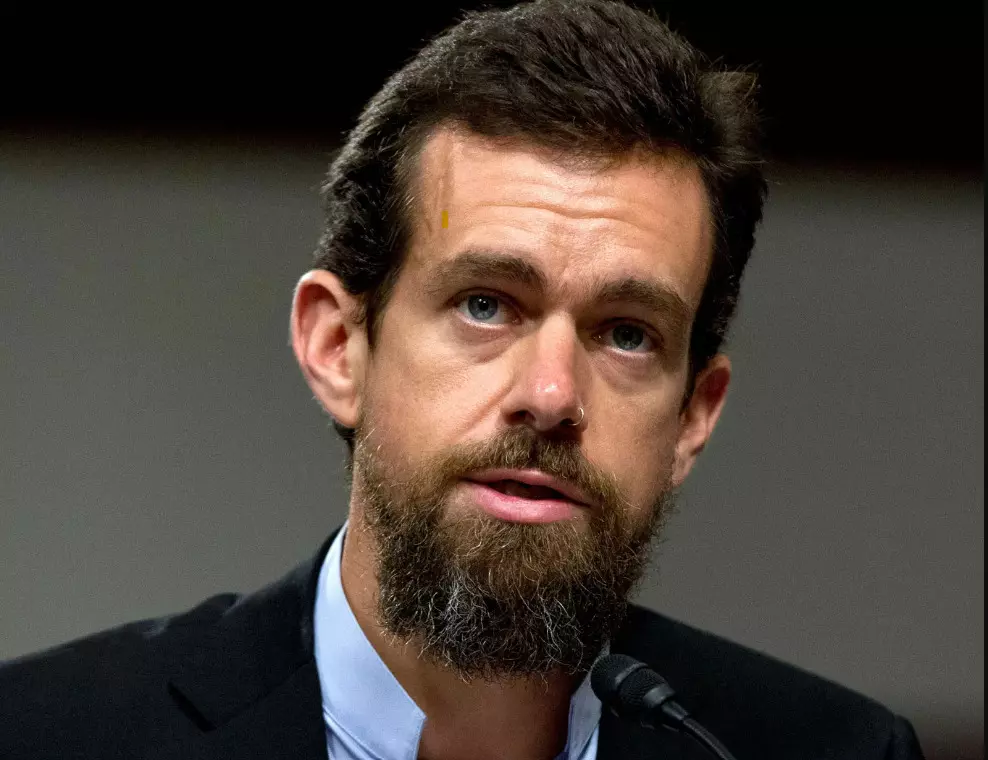Fabricated accusations?

For a country that is already being criticised domestically and internationally for its shrinking dissent space, former Twitter CEO Jack Dorsey’s fresh accusations have come as yet another dampener. In an interview with a US YouTube show, Dorsey alleged that during the farmers’ protest in 2021, the Indian government sought censorship of Twitter content and threatened the company of raiding its employees and shutting down the offices in India. The Indian government has categorically denied these serious allegations as “outright lie” aimed at brushing off a “very dubious period of Twitter’s history.” Union IT Minister Rajeev Chandrasekhar further clarified that “no one went to jail nor was Twitter ‘shut down’. Dorsey’s Twitter regime had a problem accepting the sovereignty of Indian law. It behaved as if the laws of India did not apply to it.” The entirely contrasting stances held by the two parties urge one to look at the fresh allegations through the prism of a longstanding rift between the Indian government and Twitter. While validation or refutation of the allegations can be made only after a fair and objective probe, the persisting acrimony between the two parties can provide some crucial insights into the matter. The rift evidently started in 2018 when Jack Dorsey, on his visit to India, got photographed with a poster reading “Smash Brahmanical Patriarchy” — angering the conservatives within the country. Following a backlash, Twitter had to apologise. In 2020, Twitter’s flagging of a Tweet by a top BJP functionary as “manipulative media” invited strong response from the government. The rift became more pronounced and clearer during the farmers’ protest in 2021. During the protest days, Twitter was urged to take down accounts of more than a thousand individuals with “Khalistan links”, including that of journalists and social activists. Twitter later unblocked those accounts on the ground of upholding freedom of speech on the platform. This, certainly, didn’t go well with the government. Notably, the year 2021 also saw the institution of Information Technology Rules, 2021, which mandated social media companies to hire key professionals, including a chief compliance officer who can be jailed for non-compliance. Following a prolonged rift on this issue, the spat between Twitter and the Indian government touched an unprecedented low in 2022 when the microblogging company dragged the sovereign government to court. As per a report by The Indian Express, Twitter, in its lawsuit, had claimed that between February 2021 and 2022, the Ministry issued 10 blocking orders, directing the company to take down over 1,400 accounts and 175 tweets under Section 69 (A) of the Information Technology Act, 2000. Under the new owner (Elon Musk), the differences apparently died down because Musk willingly agreed to comply with government orders, for he could not afford to let his employees go behind the bars. Jack Dorsey’s recent allegations against the Indian government are quite grave, and cannot be seen in isolation. It has to be seen in the larger context of the acrimony between Twitter and the Indian government. Unless and until an objective probe is done in the matter, one should avoid jumping at any conclusion. While the government’s tirade against free speech on Twitter is ostensibly visible through its extensive takedown orders, the “anti-conservative bias” and acrimony on the part of the former Twitter CEO can also not be ruled out. Dorsey himself has been at the centre of multiple controversies, and Twitter’s administrative run has not been of the most transparent type. This, at the same time, cannot be used by the Indian government to outrightly deny the allegations without any concrete evidence or argument. Dorsey’s allegations are aimed at India as a sovereign nation which calls itself the Mother of Democracy. As India has slipped drastically on the Press Freedom Index over the past couple of years, there may be many takers of Dorsey’s allegations. The blunt denial mode of the government may not be an apt response. If the allegations are fabricated, nothing should stop the Indian government from coming out with a nuanced and irrefutable response to the accusations.



